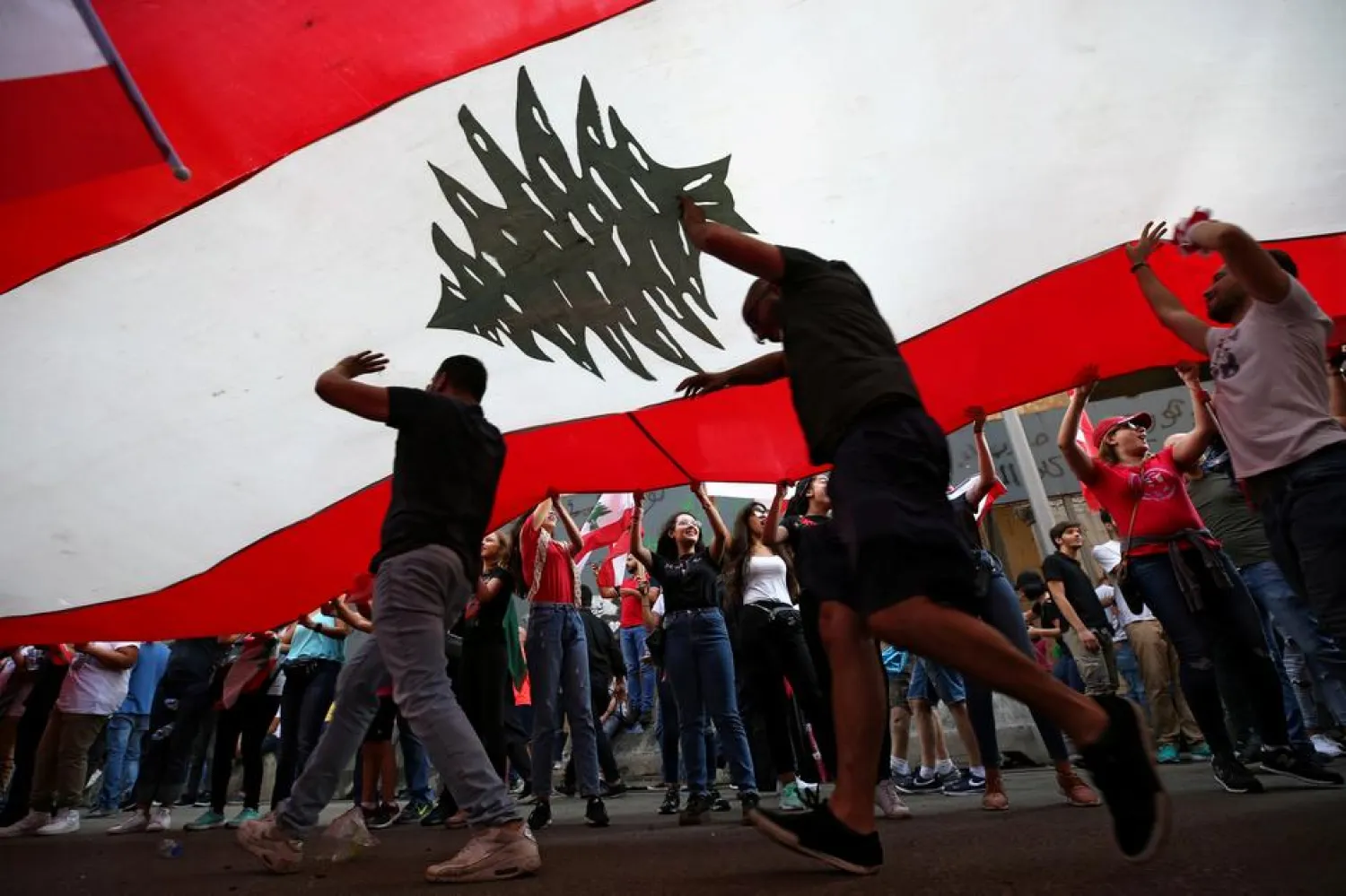Major powers have displayed great interest in the popular protests that swept Lebanon since October 17 and which led to Prime Minister Saad Hariri’s resignation on Tuesday.
The foreign ministers of the United States, France, Germany and Italy have called on Lebanon to quickly form a new government of technocrats, free of any political or party representatives that were present in the resigned cabinet, said western ambassadors, according to a diplomatic source.
President Michel Aoun and other political parties and movements have accepted this demand, the western diplomat told Asharq Al-Awsat.
Despite Hariri’s resignation, the people took to the streets on Wednesday to demand Aoun to accept his resignation and criticize him for failing to call for binding parliamentary consultations required for naming the next prime minister.
The ambassadors and protesters were not convinced by some justifications that were leaked by sources from the Baabda presidential palace to explain the delay. Consultations must normally kick off the day after a premier steps down.
Baabda sources had said Aoun did not set the date for consultations because he was surprised by Hariri’s decision to quit and which he was not informed of.
They also said that several heads of parliamentary blocs were traveling abroad. They also cited the numerous roads that were blocked by protesters and which hampered the travel of lawmakers, which forced the delay of the consultations.
The ambassadors hoped that the process of political change would kick off in Lebanon without delay.
The sources warned that the people should not be underestimated and that they would be ready to return to the streets in droves to press their demands, in spite of the rain and riot police that have recently prevented them from blocking roads.









